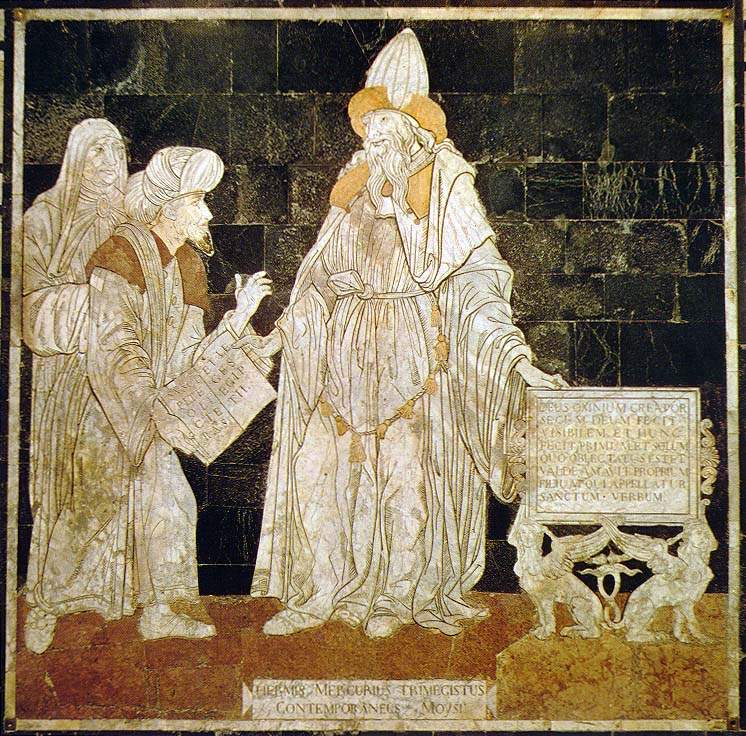John W. Cooper's "Panentheism" is intended
as a textbook for theology students. The general reader would be put to sleep
by it! Personally, I found it quite interesting. But then, I've been a student
of comparative religion.
Panentheism is the idea that the world is, in some sense, part of God. In contrast to pantheism, which sees God and the world as virtually identical, panentheism claims that God is nevertheless greater than the world. Theologically, panentheism could therefore be seen as middle position between pantheism and traditional theism. This is most obvious in the versions of panentheism which looks upon God as personal. Such theologians might claim that panentheism is the most reasonable explanation for the vexing idea that God is both transcendent (above the world) and ever present within the world, without ever becoming identical with it. Traditional theists, too, affirm this but the notion is difficult to conceptualize philosophically unless panentheism is postulated.
Or so panentheists would say. Cooper, a traditional theist Calvinist, begs to differ. However, most of his book isn't a polemic against panentheism, but rather a description of various panentheists throughout history, from Plato to Pannenberg. The author makes a distinction between personal and impersonal panentheism, which makes it possible for him to classify Plotinus, Hegel and Bergson as panentheists. Others might perhaps want to classify them as pantheists, since they lacked a personal conception of God. Another important distinction is between panentheists with a basically "static" conception of the divine, and those with a more "evolutionary" conception. Hegel, Schelling, Whitehead and the process theologians clearly belong to the latter category. Another crucial distinction is between those who believe that humans can influence a God-in-evolution, and those who deny this.
The most polemical chapters are 11 and 14. In chapter 11, Cooper argues that Wolfhart Pannenberg is a panentheist, something Pannenberg himself apparently denies. The self-explanatory title of chapter 14 is "Why I am not a panentheist".
I haven't read the entire book - yet. It feels like a encyclopaedia of real or perceived panentheists throughout the ages, from Plato's dialogue "Timaeus" to modern liberation theology. Whitehead is fascinating. Perhaps Cooper could be criticized for casting the net too wide, since his category of panentheism includes such disparate personages as Plotinus, Nicolaus Cusanus, Böhme, Schelling, Hegel, Bergson, Theilhard de Chardin and Pannenberg. A curious oversight is that Franz von Baader isn't mentioned. However, Paul Davies makes a brief guest appearence! (Yes, *that* Paul Davies.)
On the other hand, it's precisely the encyclopedic character of "Panentheism" which makes it a handy reference for students interested in this particular aspect of theology or philosophy.
Incidentally, I'm broadly sympathetic to the other God of the philosophers... ;-)

No comments:
Post a Comment